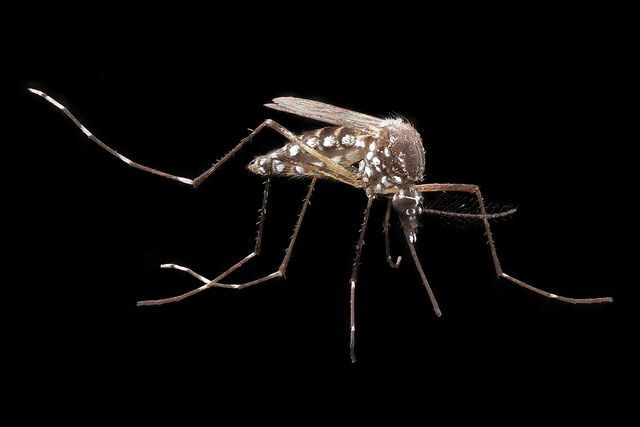Mosquito mutant - Genetic modification helps scientists fight dengue virus
Scientists are working at new ways to come up with vector control methods to fight off dengue fever.

A genetically modified mosquito has shown resistance to infection by the dengue fever virus. However, the same genetic alterations do not appear to protect the insect against Zika or chikungunya viruses.
Although Zika has dominated the headlines in the past year, the dengue virus is potentially more widespread – and more deadly. Dengue fever is in fact ranked by the World Health Organisation as the most important mosquito-borne viral disease globally.
The actual number of dengue cases is probably underreported, in part because the disease can be asymptomatic and can be confused with that of Zika and chikungunya.
Recent estimates indicate that there could be up to 390 million dengue infections every year, mostly in south-east Asia and Latin America. Of these, about 96 million manifest clinically and are thought to cause 25,000 deaths.
Since late 2015, a vaccine has been available in endemic areas, but it availability remains limited, and there are no specific drugs to treat dengue fever. Scientists thus continue to investigate other ways to reduce disease transmission and vector control is considered an interesting and potentially very effective method.
In a study published in PLOS Neglected Tropical Diseases, they have shown how a specific genetic manipulation to a molecular pathway known as JAK/STAT could make the dengue-carrying A. Aegypti mosquitoes more resistant to the virus.
The proteins fighting the infection
During an infection, the JAK/STAT molecular pathway is activated and it helps mosquitoes fight against the virus in the first three days following infection. Two proteins called Dome and Hop are involved in this activation of the JAK/STAT pathway.
In this study, the scientists from Johns Hopkins University genetically engineered Aedes aegypti mosquitoes to turn on the expression of either Dome or Hop in fat tissues, at an earlier stage in the infection, and to make a greater number of these proteins. They then exposed the mosquitoes to the dengue virus.
Mosquitoes with a genetically engineered versions of Dome had 78.18% fewer copies of the virus in their guts, and those with a modified version of Hop, 83.63% less viral copies. The viral load in mosquitoes' salivary glands was also reduced in both cases. This suggests that the approach might be effective in making mosquitoes more resistant to the virus.
However, it does not seem to help in the case other mosquito-borne infections. In another experiment, the researchers exposed the genetically modified mosquitoes to the Zika virus and chikungunya virus. The promising results seen with dengue were not replicated here - the genetic manipulation had no impact on the mosquitoes ability to fight Zika and chikungunya.
This indicates that the importance of the JAK/STAT pathway in the fatbody tissue may be unique to the dengue virus. The hope is that introducing these mosquitoes will reduce the number of A. Aegypti that carry the virus and that can transmit it to humans.
© Copyright IBTimes 2025. All rights reserved.






















